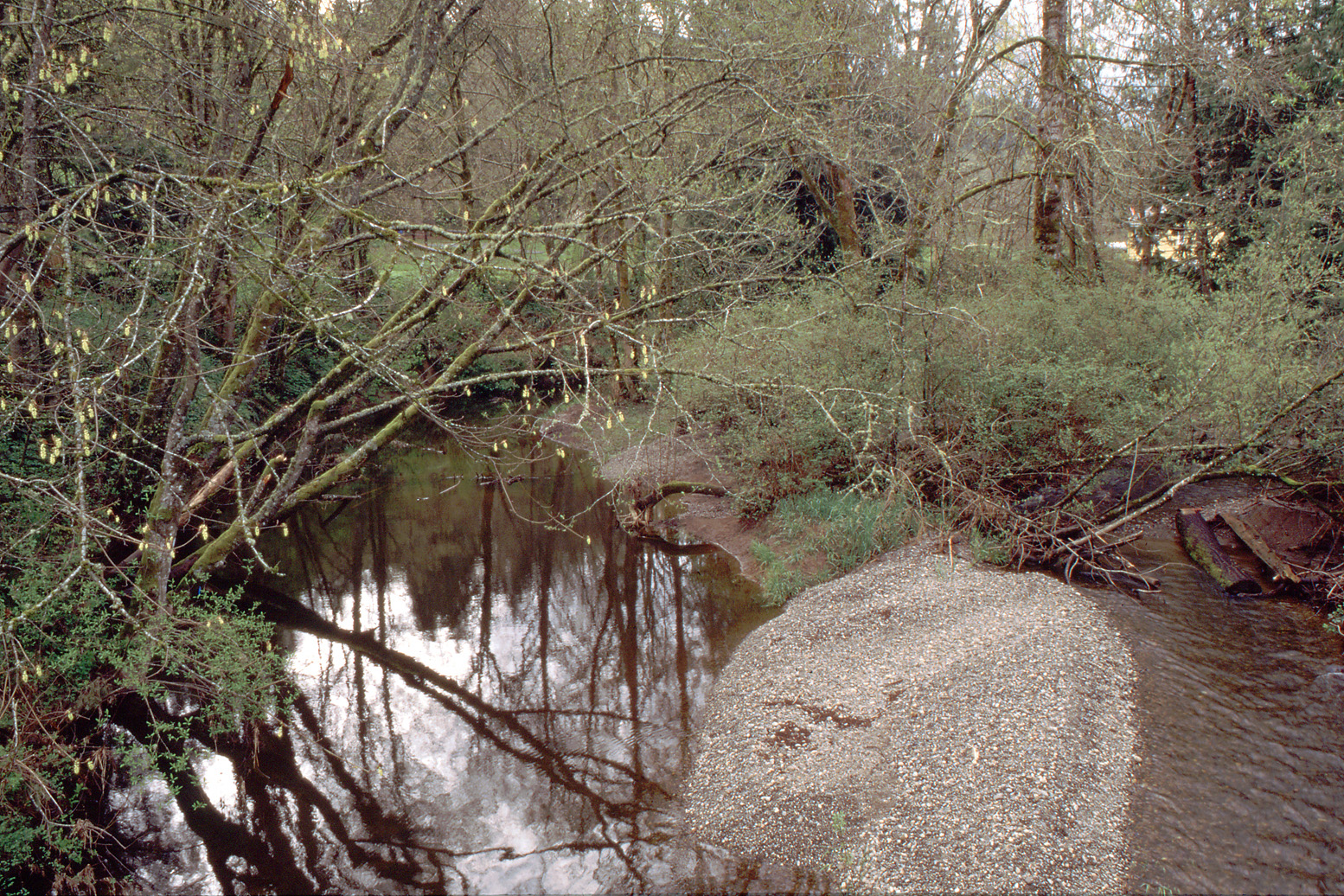Our Mission
What is a water conservancy board?

Water conservancy boards (WCB’s) are created by a resolution of the county or counties where they will serve and are specially trained to process change applications and issue records of decision for Ecology’s review. While Ecology makes the final decision to either affirm, reverse, or modify the board’s decision, the Lewis WCB works closely to ensure predictable and timely results.
Once created, a board is a separate unit of local government. Board commissioners and alternates are unpaid volunteers living either in the same or an adjacent county. They are appointed by the county for six-year terms.
Each water conservancy board is set up with three or five board commissioners. A board can also have up to two alternates who may substitute for a commissioner unable to take part.
The Lewis County Board has three commissioners and two alternates.
Water conservancy board meetings are open to the public, and a quorum must be present - two eligible members for a three-person board - to make decisions. WCB’s provide a faster option for processing your application for change or transfer of a water right.
What can a water conservancy board do?
As water supplies become scarcer, and the ability to secure new permit more challenging, the ability to modify existing water right authorizations to meet new demands is becoming increasingly important. Water conservancy boards can process changes to the following elements of all or part of an existing water right:
- Place of use
- Point of diversion or withdrawal
- Adding points of diversion or withdrawal
- Purpose of use
Boards may also change some elements of a groundwater permit that has not been perfected (fully used):
- Well location (point of withdrawal)
- Manner or place of use
Boards can also assist in reviewing water rights for Lewis County residents and provide advice and recommendations to help people remain in compliance with their water right authorizations.
Water conservancy boards are governed by: